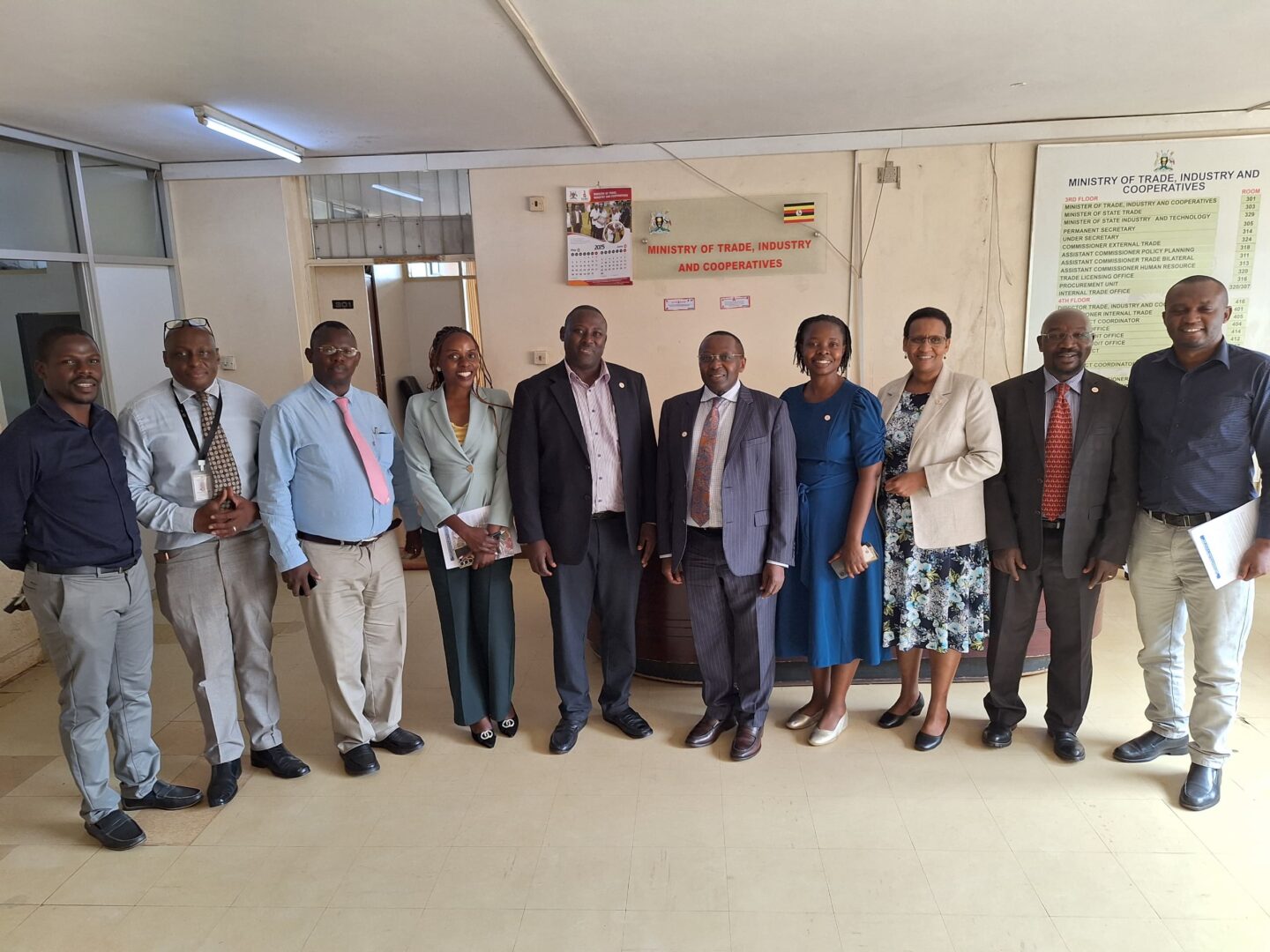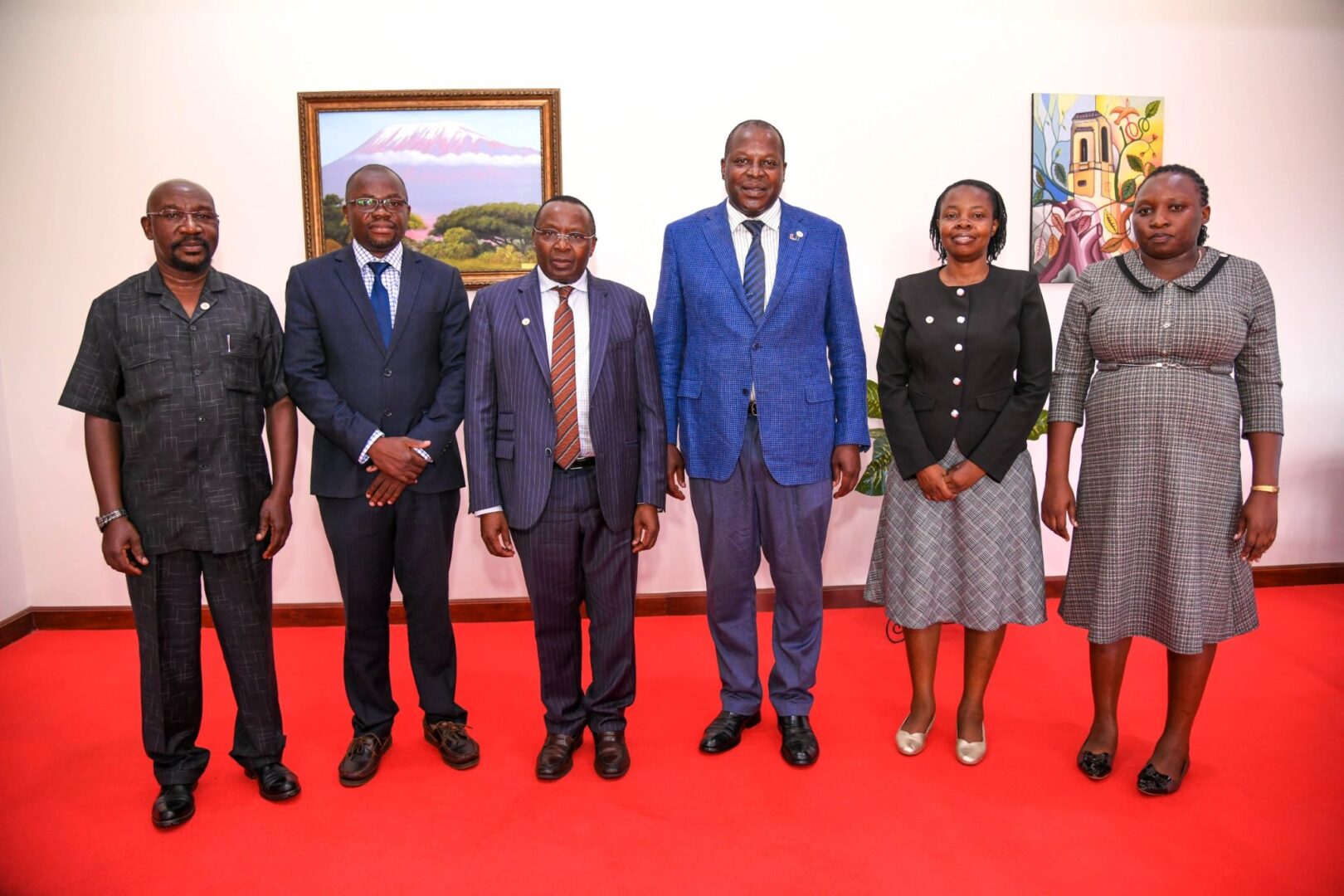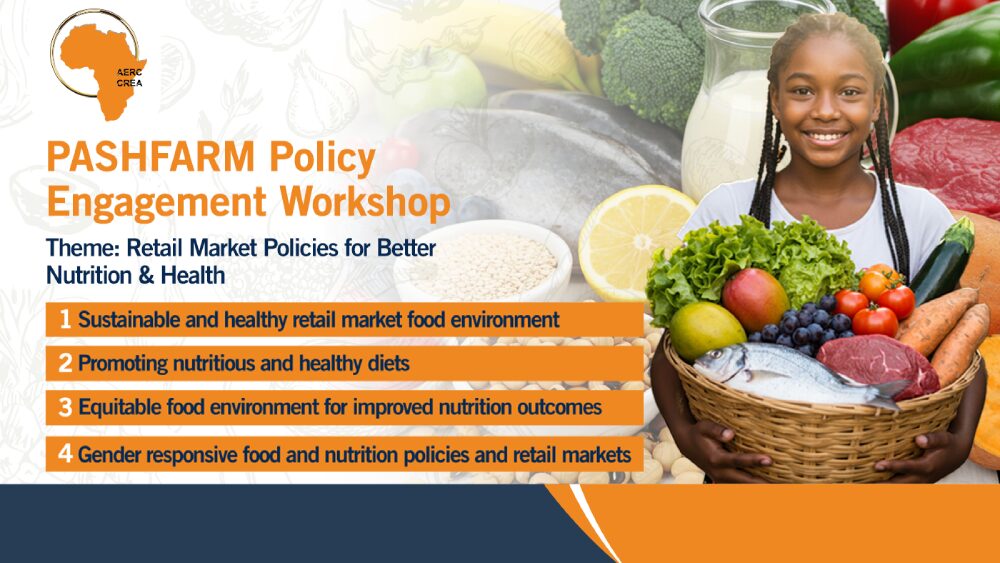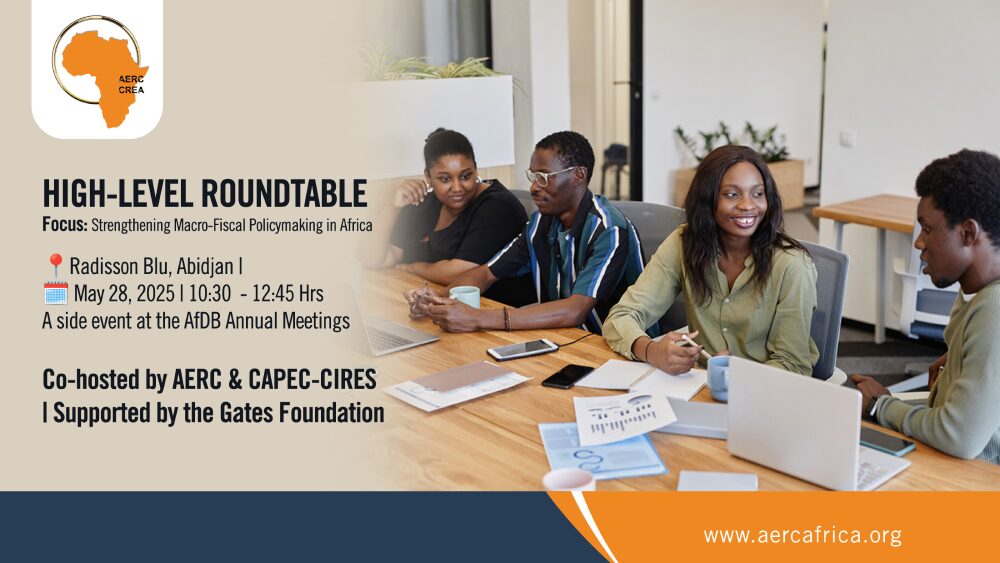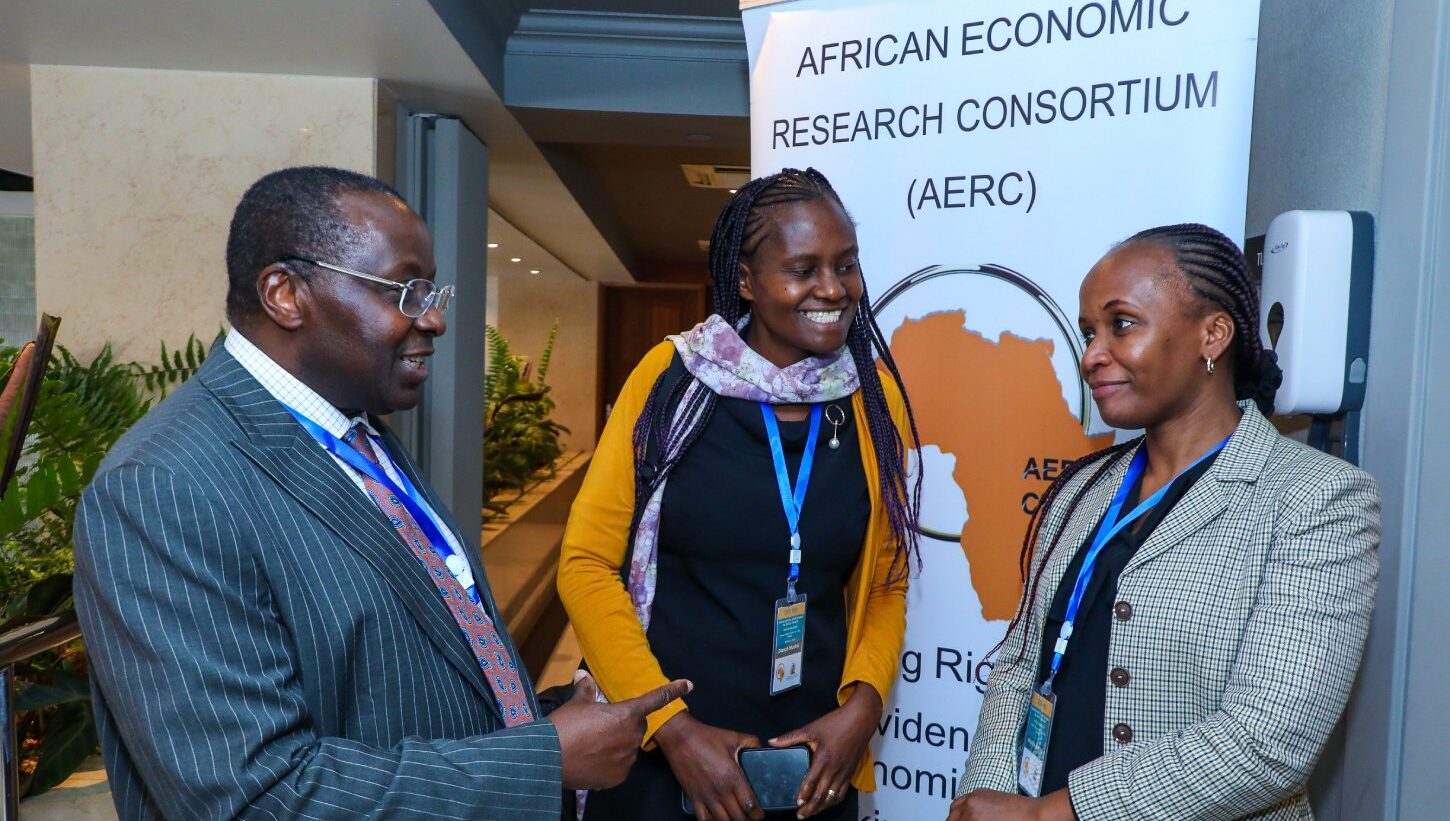

Experts Call for Strengthened Education Policies at AERC Dialogue
October 9, 2024On 8th October, education experts, government officials, and key stakeholders gathered at the Mercure Hotel, Nairobi, to participate in a high-level policy dialogue hosted by the African Economic Research Consortium (AERC). The event focused on identifying policy solutions to address gaps in Kenya’s education system and improve human capital development in the wake of the COVID-19 pandemic.
The dialogue tackled several pressing issues facing Kenya’s education system, with a particular focus on policies such as the Free Primary Education initiative and school feeding programs. Stakeholders discussed the successes and challenges of these programs, emphasizing the need for targeted reforms.
In his opening remarks, Prof. Victor Murinde, Executive Director of AERC, underscored the critical role of human capital in Kenya’s development trajectory. “Human capital is not just a driver of economic growth, it is the foundation for sustainable development. Investing in education, health, and skills development is essential for Kenya to realize its full potential,” he said.
Prof. Murinde emphasized the need for comprehensive and evidence-based policies to bridge the gaps in education access and quality, particularly in rural and marginalized areas.
The dialogue attracted key figures from various ministries and institutions, including representatives from the Ministry of Education, the Nairobi County, Kenya Institute of Curriculum Development, State Department for Economic planning, State Department of Labour and Skills among others. The discussions revolved around the effectiveness of current education policies such as the Free Primary Education program and school feeding initiatives.
Dr. Phyllis Machio, a researcher at AERC and a senior lecturer at the University of Nairobi highlighted the strides made under the Free Primary Education program, which has significantly increased enrollment. However, concerns were raised about the transition from primary to secondary schools, particularly in underserved regions. “Access to education must not stop at primary level; we need to ensure that children progress to secondary and beyond,” Dr. Phyllis noted.
She further spoke about the role of school feeding programs in promoting attendance, particularly in arid and semi-arid regions (ASALs). “These programs are crucial for keeping children in school, but more work needs to be done to ensure that food security is not a barrier to education, especially in rural and informal settlements,” she said.
The AERC dialogue concluded with a call for stronger partnerships between the government, private sector, and civil society to support policies that enhance human capital. Stakeholders agreed that a holistic approach—encompassing education, nutrition, and infrastructure—will be key to ensuring the next generation is equipped to contribute to Kenya’s growth and development.


